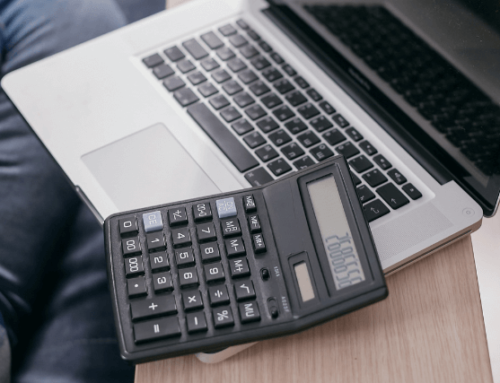In this post: Learn about a rising trend in the workforce, BYOD, and how companies can institute effective BYOD policies.
The Balancing Act: Flexibility or Security?
The balancing act between freedom and control is not a new issue to people of the 21st century. We see this struggle daily in government, politics, and even with our children at home. It’s a constant tug of war between trust and power. In the world of technology, IT professionals see this conflict within the new era of “Bring Your Own Device” (BYOD). Businesses want their employees to have more flexibility while increasing productivity, but at the same time, businesses need to protect private information. So where exactly should businesses draw the line between freedom and control when it comes to BYOD?
Security Behind BYOD
BYOD is a popular trend in the workforce. Employees enjoy the ease and capability of using their own smartphones and tablets to answer emails, conference calls, etc. But what about the security behind BYOD? Is the information being shared with employees putting the business at risk for cyber threats? According to a study by the Ponemon Institute, more than 50% of 601 IT and IT security practitioners in 2012 lost confidential data due to insecure smartphones and other devices. Another study, the SANS Mobility BYOD Security Survey, discovered that despite the fact that 60%+ of organizations allow employees to use their own device, only 9% of organizations were fully aware of the devices, and just 50% felt vaguely or fairly aware of the BYOD devices accessing business information. Control is a serious BYOD threat to network security and shouldn’t be taken lightly.
How Can You Minimize the Risk?
The same study by SANS discovered how current businesses are trying to minimize the risk of BYOD by implementing BYOD polices. The survey revealed that 24% of companies added BYOD policies, 26% “sort of” have policies, 3% don’t know, and 31% of companies don’t have any policies. Clearly, a majority of businesses do not have proper BYOD policies in place to protect against the dangers of BYOD and are completely vulnerable to hackers. Examples of BYOD threats are mobile apps with a malicious nature, mobile apps that access corporate email, and lost/stolen devices with private business information.
Fortunately, F5 has award-winning products that provide strong identity management security and impressive scalability. The BIG-IP Edge Gateway was awarded the Best Secure Remote Access Product in 2011 by Search Security. The BIG-IP Edge Gateway had great ratings in ease of maintenance, end-user transparency, and gateway functions. The appliance provides secure connectivity to the network so employees can access the network from public networks, internal wireless networks and LANs. Other products by F5 that excel in cloud security are mobile app managers and BIG-IP Access Policy Manager (APM). The mobile app manager broadens network security to mobile devices and has the capability of safely separating corporate and personal data. APMs offer quick global access with complete mobile security to business applications. All F5 devices provide your business with the security it needs to be confident and safe in the BYOD era.
The BYOD era is still at its beginning. It is important for businesses to understand the fragile line between freedom and control. BYOD offers major benefits to employees but it also poses costly risks. By implementing BYOD policies now and discovering what works best for employees, businesses will protect themselves from future hackers and save their business precious time and money. F5 is a leader in network security and manufactures devices that specialize in protecting corporate infrastructures’ from BYOD threats.












